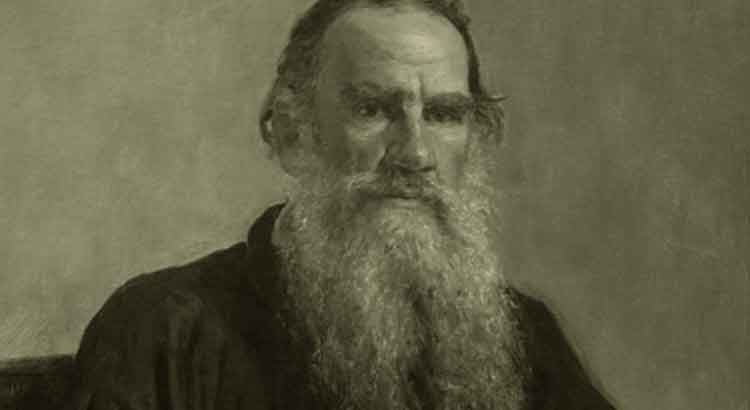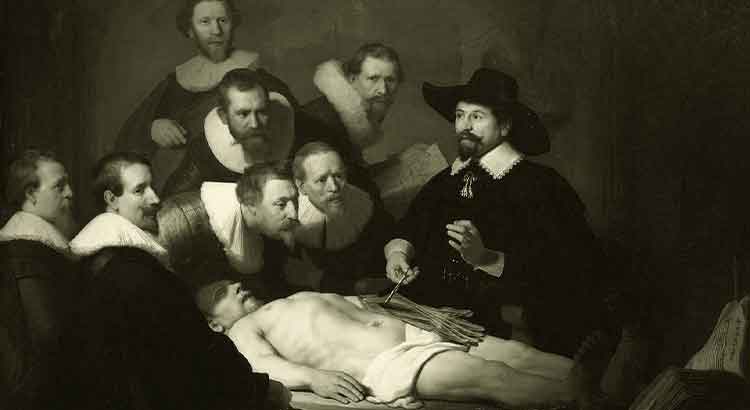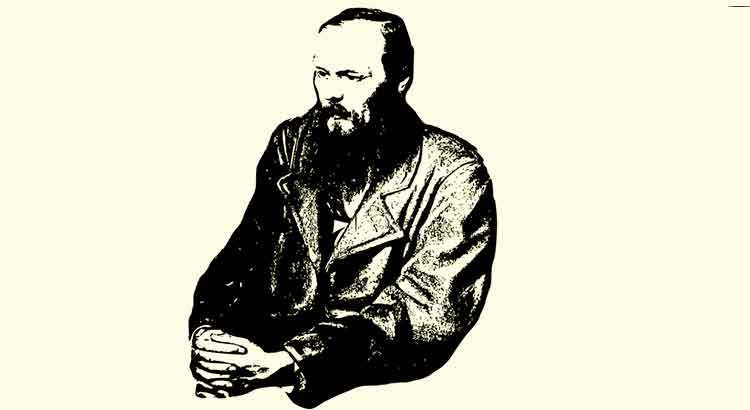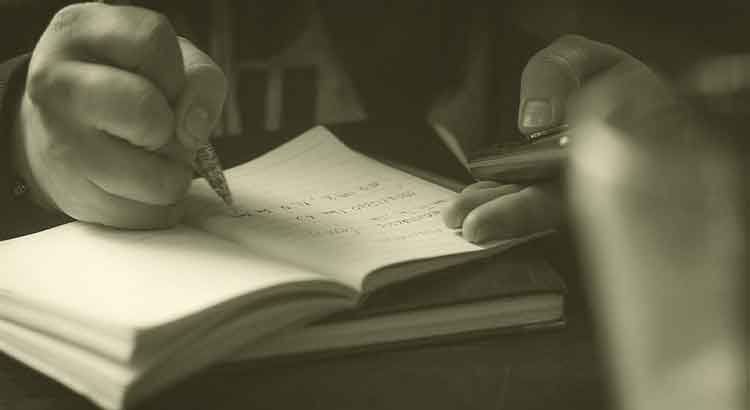The obsession with artistic technique has taken me. What prevails in technique? to what extent does it matter? Suddenly, one of the most perfect scenes I have ever read comes to mind. I pull my version of Anna Karenina from the shelf, which has been lying there, motionless, since 2017. Certainly, I am no longer the same: in each of those years, what occurred to me was a drastic evolution in all matters. But I remember well the very strong impression I had of the scene. Let’s see. It takes me a few minutes to find it and, as I leaf through the work, I reflect again on the technique: there is a stylistic dimension impossible to translate; the pages I have in hand are an attempt to replicate the Russian original in Portuguese. Localizing the scene, my first impulse is to inspect its extension: exactly two chapters, which erupt after Vronsky says goodbye to Anna and, “restless,” to be “so full of feeling for Anna, that he didn’t even think what time it was”. He remembers that he would run a race, and realizes he is late. Then Tolstoy starts to narrate Vronsky, in this state of psychological tension, to be gradually taken from the competitive atmosphere. The crowded racecourse, the great expectation, everything contributes to exciting him. He dresses “without haste,” taking care not to lose his self-control. When he arrives at the racing scene, he encounters a “sea of carriages,” pedestrians, soldiers, and “the stands boiling of people”. He recognizes his opponents and, also, Anna: he does not come close to her, avoiding the loss of concentration. The atmosphere is impeccably painted, but what is most striking is that the great psychological tension that began the chapter only grows: each sentence shakes the nerves of Vronsky, who finds his mare also very agitated, “trembling as if she had a fever,” with eyes “full of fire”. All this in the chapter that precedes the race or, in other words, in the chapter that ingeniously describes the emotional and psychological aspect of the race. A voice resounds ordering the ride, and the seventeen competitors follow, nervously, to the race starting point, described in detail by Tolstoy: nine dangerous obstacles on an elliptical track of four versts. At the scream of the start, the animals start to run. Vronsky, who knows to be the target of all eyes, drops behind some horses and fights against the agitation of his mare. After the first obstacle, he “totally dominates the riding” and quickly overcomes his opponents, staying only behind his main competitor. All these movements are narrated magnificently: the acceleration, the stumbling of the horses, the jumps over the obstacles, and, especially, the psychological state of Vronsky, irritated by the second place. It does not take much for him to overtake his opponent and shoot ahead. He rises over the most dangerous obstacle keeping the tempo, rhythmic, under the cries of “Bravo!” Four hundred meters from the end of the race, knowing he has already won, Vronsky handles the reins to get well ahead of the others. He increases the speed of the mount so much that he flies under the last obstacle and, not being able to keep up with the speed of the mare, he breaks its spine letting himself fall on the saddle. He loses the race; doctors decide to shoot the animal down. The event, for Vronsky, remains “for a long time as the most painful and torturing memory of his life”. I finish the chapter with an impression as strong, as vivid as that of my first reading. The translation did not allow syntactic ornaments: and there is no need for them! The scene is masterfully chained: the arc of action, from the initial trigger to the outcome of the scene, encloses a particular tragedy, which can be read separately from the work without the slightest problem. The direct, objective narration stimulates the psychological at each paragraph, aided by adjectives and pictorial elements charged with emotional appeal. There is technique, this is evident: the construction was diligently planned, it stimulates with power and progressively the feeling in the reader. But I try to think that exactly this scene stands out from all the others. Where is the brilliance? why does it set the example of great art? how is it possible that, even in a translation, it has such a strong effect? And I incline to think that the great, in art, resides in what is written in universal language…
Tag: literature
What is art?, by Leo Tolstoy
Very interesting essay, as always, in the case of this plume. To Tolstoy, the work of art is a means of transmitting feelings, that is to say: regardless of the qualitative character of the feeling expressed,—which can be good, bad, strong, weak…—the artistic work fulfills its role as long as this feeling communicated by the artist is experienced by those who come in contact with it. And the master, without evasions, carries out the consequences of this proposition, judging the various aesthetic theories over time and citing numerous artists as examples of great, bad, true, and false art. Essentially, he says, art is not a search for “beauty”,—nor any other abstraction,—but an instrument that enables the artist to transmit that which extrapolates the rational argument, to transmit personal feelings experienced by the author. Art, thus, establishes a link between the artist and the common man, justifying its noble role in society since it allows anyone to have experiences that would not be possible by any other means. Tolstoy also judges the art of his time mostly corrupted and risks some comments about the “art of the future”. The essay dates from 1898, the master passed away in 1910: he spared himself from witnessing how unfortunately all his predictions would fall by the wayside…
____________
Read more:
Dostoevsky and the Artistic Technique
Proverbials are criticisms of Dostoevsky’s style. Not only the Russians but also those who do not know the language usually say Dostoevsky is prolix, imprecise and many other things, taxing his texts as badly written or badly finished. Of these, however, most recognize the immense value of Dostoevsky’s work, which raises an interesting question. Hemingway, in A Moveable Feast, puts it in the following terms: “How can a man write so badly, so unbelievably badly, and make you feel so deeply?” The answer is simple: what is in Dostoevsky’s work goes beyond the artistic technique. On this one, I keep the numerous caveats to the so unbelievably badly for when I am able to read in Russian—caution, by the way, that Hemingway did not have. But the question exposes another even more interesting: what is the purpose of art? how does great art manifest itself? And the critics who judge the essence of art to reside in technique are wrong. Great art stands out, primarily, for the power of expression, for the effect it is capable of generating. And style, technique, form are accessories that contribute to the creation of this effect, many times amplifying the expressiveness of the artistic work. Different intentions, different techniques… And distinguishing the essential, it is possible to understand how authors of styles as disparate as Hemingway and Dostoevsky manage, both, to deliver us works of enormous value.
____________
Read more:
Mere Transcription Exercise
The feeling of being able to write endless pages, only transcribing the permanent psychological war and its endless chapters. Ruthless conflict, continuous affliction, tranquility that rarely comes… Words of the master opportunely recalled: “All my life I have spoken silently and lived in myself entire tragedies without uttering a word.”
____________
Read more:



